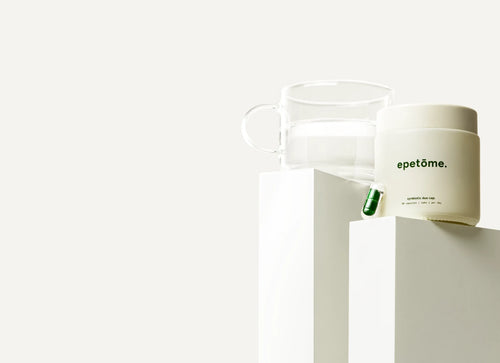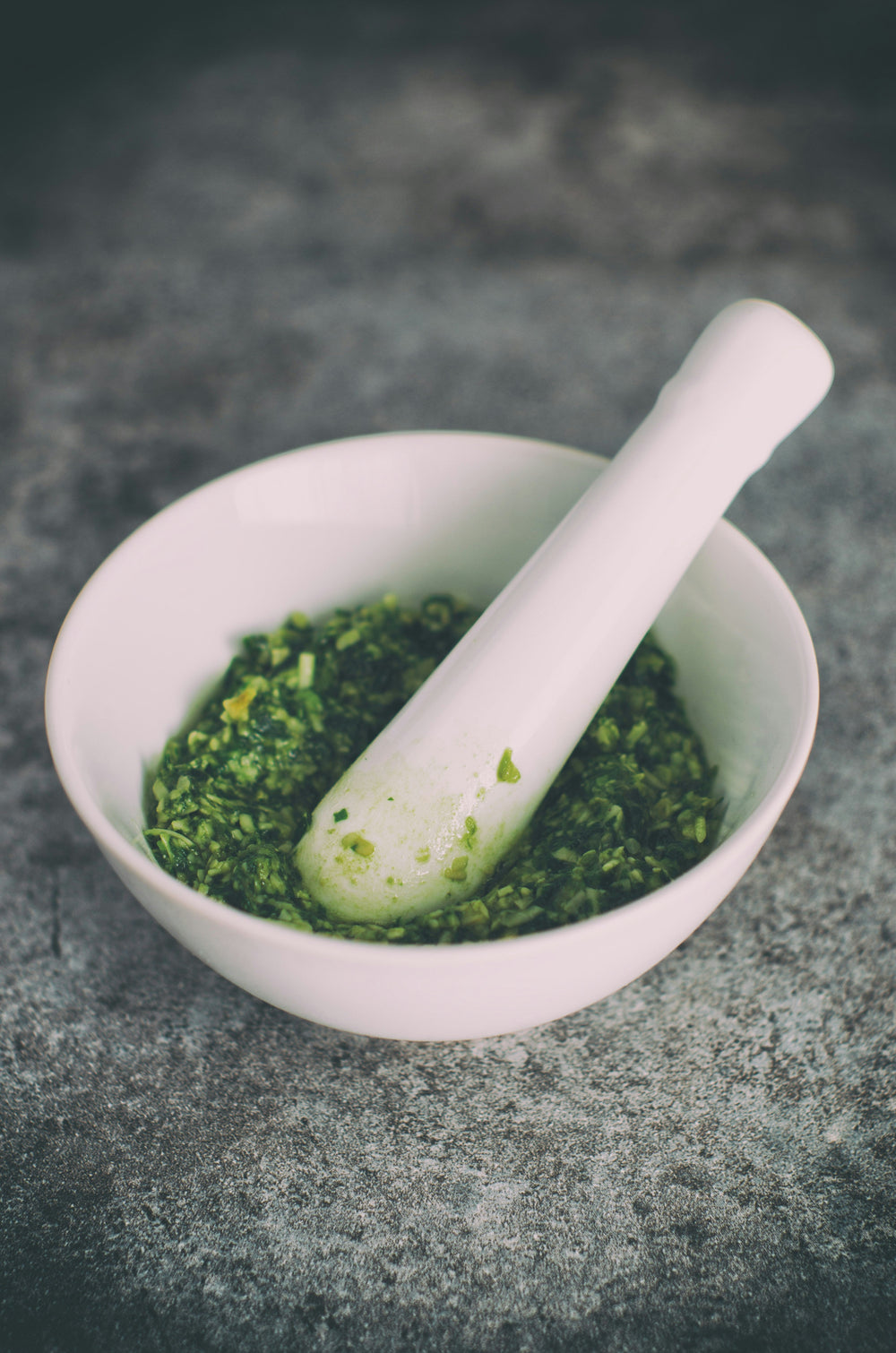The combined benefits of vitamin d and probiotics.
The Synergistic Benefits of Co-Supplementation with Vitamin D and Probiotics Vitamin D and probiotics. While both supplements are commonly used for their individual health-promoting properties, recent research indicates that their combined use could lead to even greater improvements in various health conditions. In this blog post, we'll explore the promising findings on how co-supplementing vitamin D and probiotics can positively impact your health, based on recent clinical trials. What the Research Shows A systematic review of seven randomised controlled trials revealed some exciting findings about co-supplementing vitamin D and probiotics. The studies included conditions like gestational diabetes, type 2 diabetes, coronary heart disease, polycystic ovarian syndrome (PCOS), osteopenia and irritable bowel syndrome (IBS). The participants were given daily or bi-monthly doses of vitamin D3 combined with probiotics, such as Lactobacillus, Bifidobacterium, or Streptococcus. In all studies except for one, co-supplementation showed greater health improvements compared to taking probiotic or vitamin D individually. Key Health Benefits Here are the main benefits of co-supplementing vitamin D and probiotics that were highlighted in the research: Improved Mental Health: Both vitamin D and probiotics have been linked to better mental health outcomes, with co-supplementation showing more significant improvements. Better Metabolic Health: Improvements were seen in conditions like type 2 diabetes, particularly insulin sensitivity, and dyslipidemia (abnormal cholesterol levels). Reduced Healthcare Use: Participants who received co-supplementation required fewer healthcare resources, indicating improved general health. Why They Work Well Together Vitamin D and probiotics work together to support overall health, particularly when it comes to immunity and balance of bacteria in the gut. Probiotics may enhance vitamin D absorption by increasing the expression of vitamin D receptors in the gut, helping the body make better use of this essential nutrient. Think of the receptors as “doors” that let vitamin D into your system. At the same...

The Synergistic Benefits of Co-Supplementation with Vitamin D and Probiotics
Vitamin D and probiotics. While both supplements are commonly used for their individual health-promoting properties, recent research indicates that their combined use could lead to even greater improvements in various health conditions. In this blog post, we'll explore the promising findings on how co-supplementing vitamin D and probiotics can positively impact your health, based on recent clinical trials.
What the Research Shows
A systematic review of seven randomised controlled trials revealed some exciting findings about co-supplementing vitamin D and probiotics. The studies included conditions like gestational diabetes, type 2 diabetes, coronary heart disease, polycystic ovarian syndrome (PCOS), osteopenia and irritable bowel syndrome (IBS). The participants were given daily or bi-monthly doses of vitamin D3 combined with probiotics, such as Lactobacillus, Bifidobacterium, or Streptococcus. In all studies except for one, co-supplementation showed greater health improvements compared to taking probiotic or vitamin D individually.
Key Health Benefits
Here are the main benefits of co-supplementing vitamin D and probiotics that were highlighted in the research:
-
Improved Mental Health: Both vitamin D and probiotics have been linked to better mental health outcomes, with co-supplementation showing more significant improvements.
-
Better Metabolic Health: Improvements were seen in conditions like type 2 diabetes, particularly insulin sensitivity, and dyslipidemia (abnormal cholesterol levels).
-
Reduced Healthcare Use: Participants who received co-supplementation required fewer healthcare resources, indicating improved general health.

Why They Work Well Together
Vitamin D and probiotics work together to support overall health, particularly when it comes to immunity and balance of bacteria in the gut. Probiotics may enhance vitamin D absorption by increasing the expression of vitamin D receptors in the gut, helping the body make better use of this essential nutrient. Think of the receptors as “doors” that let vitamin D into your system. At the same time, both play a role in maintaining a healthy gut microbiome by promoting beneficial bacteria in the gut. They also both have anti-inflammatory effects and are supporting immune health.
What’s Next?
While the current evidence is promising, more research in different diseases and diverse populations will help refine the optimal combination, dosage, and frequency of vitamin D and probiotics to achieve the best health outcomes.
Conclusion
Co-supplementing vitamin D and probiotics shows great potential in improving health across a wide range of conditions. Whether it’s for managing metabolic health, mental well-being, or gut health, this combination might offer a simple yet effective approach to enhancing overall health.
References
Abboud, M., Rizk, R., AlAnouti, F., Papandreou, D., Haidar, S., & Mahboub, N. (2020). The health effects of vitamin D and probiotic co-supplementation: A systematic review of randomized controlled trials. Nutrients, 13(1), 111. https://doi.org/10.3390/nu13010111
This spiced apple and pumpkin seed porridge is a warming, high-fibre breakfast that’s perfect for cosy mornings. Made with creamy oats, gently caramelised apples and a crunchy pumpkin seed topping, it’s ready in just 15 minutes and serves one.
These prep-ahead oven-baked oats with blueberries and bananas are rich in protein and fibre, making them a nourishing, gut-friendly breakfast to enjoy all week.
These spicy green eggs with feta are a quick, protein-rich recipe packed with gut-friendly ingredients like spinach, courgette, and spring onion. Baked in the oven or air fryer, they’re simple to make, full of flavour, and support digestion with a balance of fibre, protein, and healthy fats. Perfect for breakfast, brunch, or a light meal, this vibrant dish proves that nourishing your gut can be both delicious and easy.
Bright, fresh, and ready in just 10 minutes, this flavour-packed wrap serves one and is ideal for breakfast, lunch, or any time you’re after something simple yet filling.
Start your day with a gut-friendly twist on a classic dessert. The peach cobbler overnight oats serve 2–3 and takes just 10 minutes to prepare the night before. Packed with fibre, flavour and feel-good ingredients, it’s the perfect make-ahead option for busy mornings or a nourishing snack you can enjoy any time of day.
This smoky harissa egg bagel is the perfect 15-minute meal. Made with creamy Greek yoghurt, tangy pickles, and a hint of spice, it’s a high-protein twist on classic egg salad that delivers on both taste and texture. Ideal for busy days, this easy bagel recipe makes lunch feel gourmet without the effort.
Soft, satisfying, and subtly sweet—these breakfast cookies are made to fuel your morning the right way. With fibre-rich oats, plant-based protein, and antioxidant-packed matcha, they’re a gut-friendly grab-and-go option that doesn’t compromise on flavour or function.
Emily's light, gut-friendly crêpes are the perfect balance of fibre, protein, and healthy fats to support digestion and keep you feeling great.
Start your day with a delicious and nutritious breakfast option - Carrot Cake Oats. Filled with fibre diversity to promote healthy digestion.




































